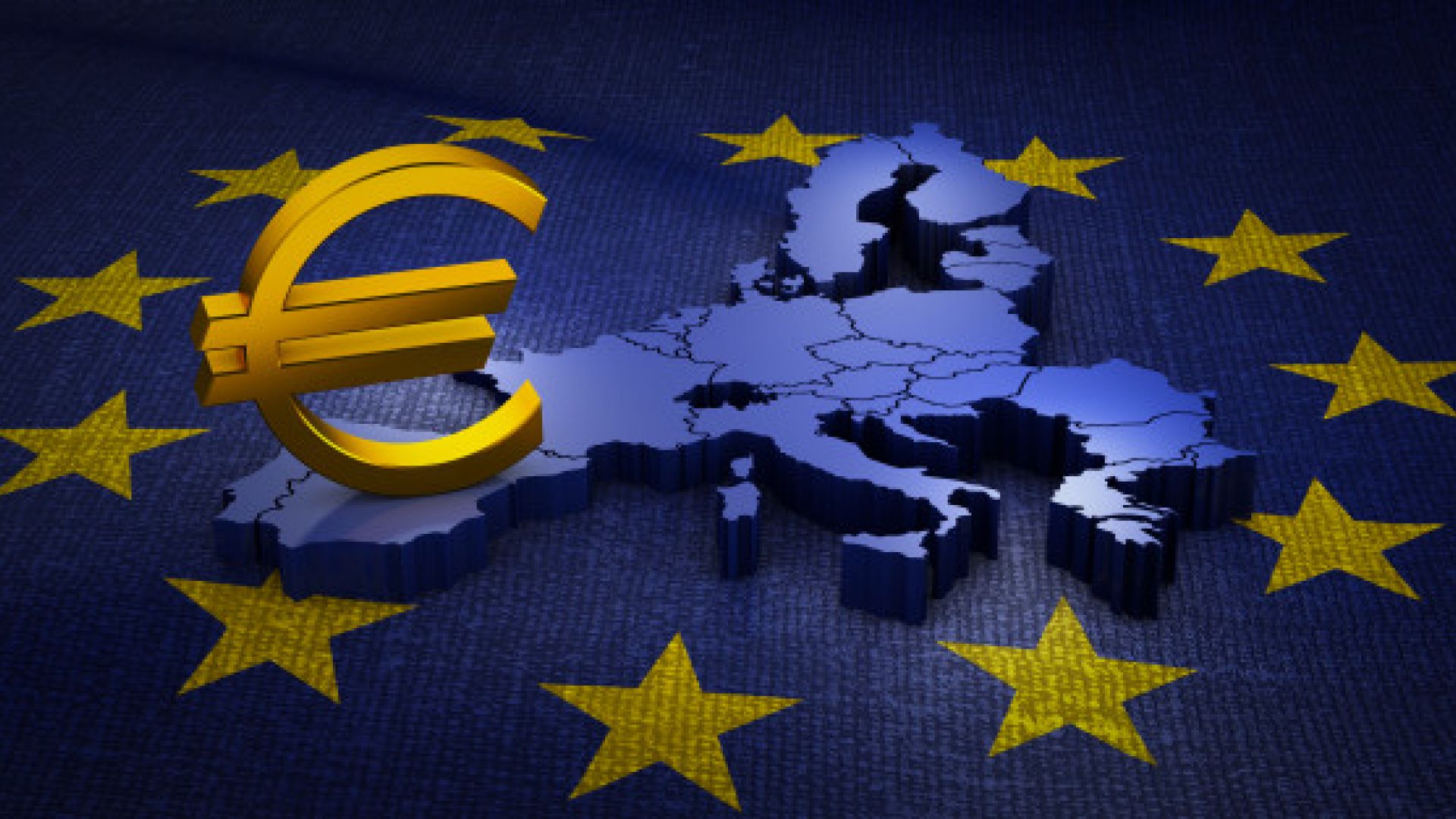The Socialists and Democrats in the European Parliament voted in favour of a resolution, deploring the inertia in the implementation of the 2021-2027 Cohesion policy. The S&D Group supports crucial EU instruments like the Recovery and Resilience Facility and the React-EU which address the new challenges the EU faces, while it gives its continued support to the robust funds of the Cohesion policy. According to the S&D Group, this is the main public motor for jobs and investments, as well as the solidarity mechanism between all regions in the EU. The Socialists and Democrats are particularly worried as not all member states have as yet had their partnership agreements approved by the European Commission. The approval of these agreements is an absolute prerequisite for regions to start benefiting from the EU funds of the Cohesion policy.
Rovana Plumb, MEP, S&D vice-president for Cohesion policy, said:
“Our group believes that the Cohesion policy is above all the proof that the European Union is a social, economic and territorial project that works for people. While supporting the new EU instruments, we warn against a continuous cut of EU Cohesion policy funds, which needs to remain robust in order to be able to fulfil its ambition of job creation and public investments. The Regional Development policy is one of the most visible success stories of the EU. Throughout the member states, we all see the improving infrastructure, the investments in jobs, solidarity with the less fortunate people around us, and how all of this has been changing our cities and villages. I will continue to fight for a continued robust EU Cohesion policy which brings welfare and creates solidarity among our citizens.”
Constanze Krehl, MEP, S&D spokesperson in the European Parliament’s committee on regional development, said:
“There is an urgent need to speed up the green and digital transition within the EU. No question about that! I am convinced that EU Cohesion policy and its instruments are important vehicles enabling such a transition. Therefore, it is regrettable that the implementation of the Cohesion policy 2021-2027 has incurred delays. The problems with these delays should be removed as soon as possible, and the financial funds for the year 2022 of the current period should benefit EU regions, especially those welcoming refugees fleeing the war in Ukraine. This is why, once the CARE instrument (Cohesion’s Action for Refugees in Europe) runs out at the end of June 2022, we suggest to have a new ‘CARE II initiative’ in order to help regions and member states to welcome and take care of the refugees.”


